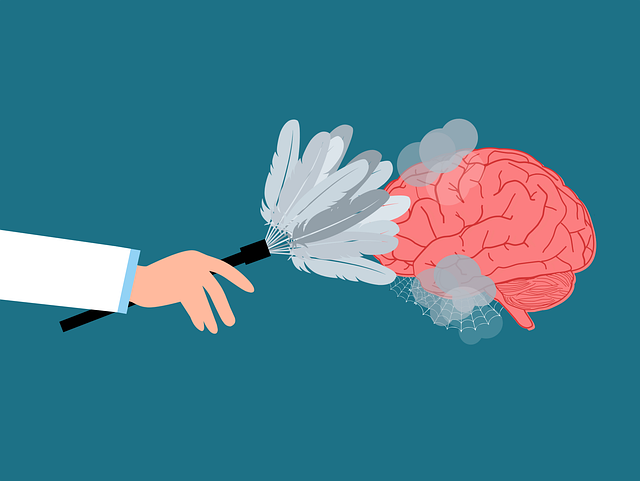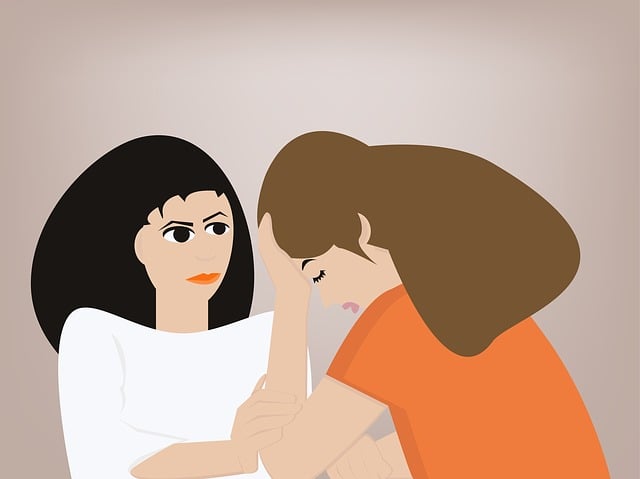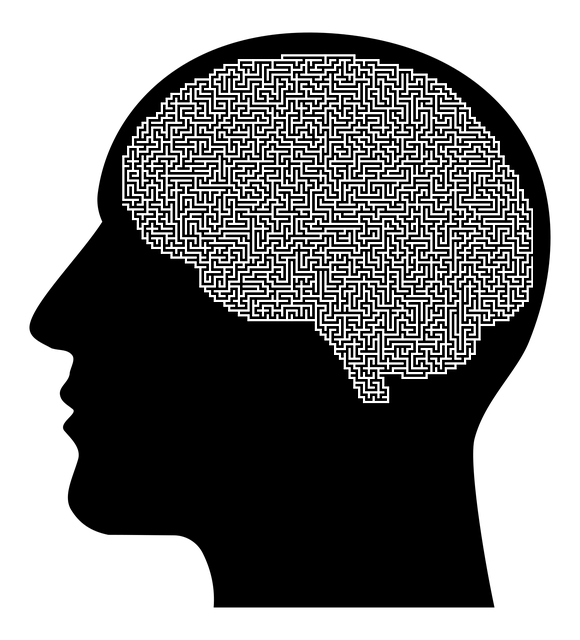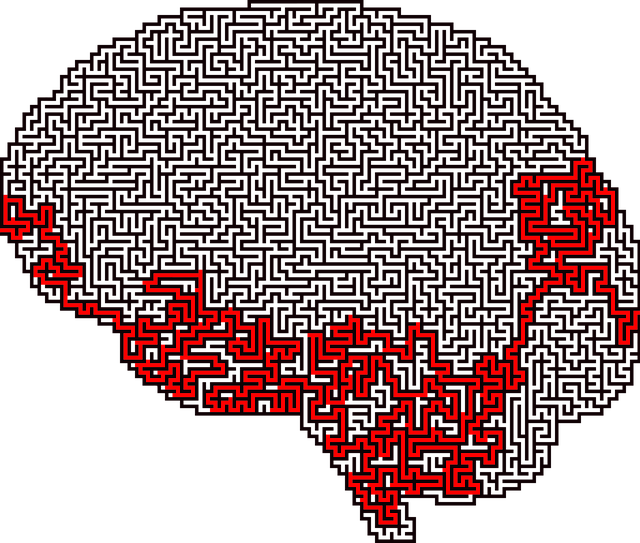Castle Rock Codependency Therapy offers a comprehensive approach to overcoming codependency, emphasizing self-care through crisis intervention, stress management, and healthy communication. By identifying personal boundaries, practicing mindfulness, prioritizing physical well-being, and building supportive networks, individuals can break unhealthy patterns, enhance mental health, and achieve a balanced lifestyle that prioritizes their overall well-being.
Looking to transform your life through improved self-care? This comprehensive guide explores the barriers of codependency and how Castle Rock Codependency Therapy can help. Discover key strategies to overcome these challenges, starting with understanding codependency’s grip and setting personal boundaries. Learn effective mindfulness techniques, prioritize physical well-being, and build a supportive network. By implementing these practices, you’ll embark on a journey towards enhanced self-care and a richer life.
- Understanding Codependency: A Barrier to Self-Care
- Identifying Personal Boundaries: The First Step Towards Change
- Incorporating Mindfulness and Relaxation Techniques
- Nurturing Physical Well-being: Diet, Exercise, and Sleep
- Building a Supportive Network: Breaking the Cycle of Codependency
Understanding Codependency: A Barrier to Self-Care

Codependency, a complex psychological trait, often presents as an unhealthy attachment to others, characterized by an intense need for approval and fear of abandonment. It’s important to recognize that this dynamic can significantly hinder one’s ability to practice self-care effectively. In many cases, individuals trapped in codependent relationships may struggle with setting personal boundaries, prioritizing their needs, and engaging in activities that promote well-being due to the fear of causing distress or losing a loved one.
Castle Rock Codependency Therapy offers valuable guidance for navigating these challenges. By providing crisis intervention and stress management techniques, therapists help individuals develop healthy communication strategies. These include learning to express emotions, assert needs, and foster mutually supportive relationships that encourage self-care rather than hinder it. Through this process, folks can break free from the cycle of codependency, promoting a healthier, more balanced lifestyle.
Identifying Personal Boundaries: The First Step Towards Change

Identifying personal boundaries is a fundamental step in Castle Rock Codependency Therapy and improving one’s self-care practices. It involves recognizing and defining what constitutes healthy interactions and relationships, as well as what needs to be protected or limited. Understanding your emotional and physical boundaries allows you to set healthy limits with others, fostering better communication and respect for your personal space. This process is crucial in breaking unhealthy patterns and promoting self-preservation.
By establishing clear boundaries, individuals can enhance their coping skills development and reduce the risk of codependency. Empathy building strategies and communication strategies play a significant role here. Open dialogue with oneself and others about these boundaries ensures everyone understands and respects them. This encourages healthy relationships built on mutual understanding and support, enabling individuals to prioritize self-care effectively.
Incorporating Mindfulness and Relaxation Techniques

Incorporating mindfulness and relaxation techniques into daily routines can significantly enhance self-care practices, as recommended by Castle Rock Codependency Therapy. These practices are rooted in the principles of mind over matter, where individuals learn to manage stress, anxiety, and emotional turmoil through conscious awareness and intentional actions. By cultivating mindfulness, one develops a deeper understanding of their thoughts and feelings, enabling better decision-making and fostering resilience.
Cultural sensitivity in mental healthcare practice plays a pivotal role here. Healthcare providers equipped with cultural competency training can guide individuals towards tailored relaxation techniques that resonate with their backgrounds and beliefs. This personalized approach not only respects diverse cultural contexts but also enhances the effectiveness of self-care routines, ensuring that every person can access and benefit from these transformative practices.
Nurturing Physical Well-being: Diet, Exercise, and Sleep

Nurturing Physical Well-being is a cornerstone of holistic self-care and can significantly impact mental health. A balanced diet, regular exercise, and adequate sleep are essential components that contribute to overall resilience building. Incorporating Castle Rock Codependency Therapy techniques alongside these practices can further enhance well-being. A nutritious diet, rich in fruits, vegetables, lean proteins, and whole grains, provides the body with the fuel it needs to function optimally. Regular physical activity, such as walking, yoga, or even high-intensity interval training, boosts mood, reduces stress, and is effective depression prevention tactics. Adequate sleep allows for mental and emotional restoration, enabling individuals to better navigate challenging situations and improve their overall quality of life.
By prioritizing these physical aspects, individuals can cultivate a healthier relationship with themselves, leading to increased self-esteem and improved coping mechanisms. Stress reduction methods, like mindfulness and meditation, in conjunction with consistent exercise routines, create a powerful combination for promoting mental fortitude. These practices not only foster resilience but also equip individuals with the tools to navigate life’s ups and downs, ultimately enhancing their overall well-being.
Building a Supportive Network: Breaking the Cycle of Codependency

Building a supportive network is an essential step in breaking free from codependency. Often, individuals struggle with unhealthy relationships due to a lack of personal boundaries and an overwhelming desire to please others. Castle Rock Codependency Therapy emphasizes the importance of fostering meaningful connections while learning to set and maintain healthy boundaries. By surrounding oneself with like-minded individuals who practice empathy building strategies and mindfulness meditation, one can begin to navigate interpersonal interactions more effectively.
Social skills training plays a pivotal role in this process, helping individuals communicate their needs assertively without fear of rejection or abandonment. When people learn to prioritize self-care and cultivate relationships based on mutual respect and understanding, they break the cycle of codependency, fostering personal growth and improved mental well-being.
In addressing Castle Rock Codependency Therapy, this article has illuminated several key aspects of self-care improvement. By understanding codependency as a barrier and identifying personal boundaries, individuals can begin their journey towards positive change. Incorporating mindfulness, nurturing physical well-being, and building a supportive network are essential steps in breaking free from codependent patterns. Remember that self-care is not selfish; it’s a crucial component of overall health and happiness. Take these practices into your life to cultivate a more balanced and fulfilling existence.













